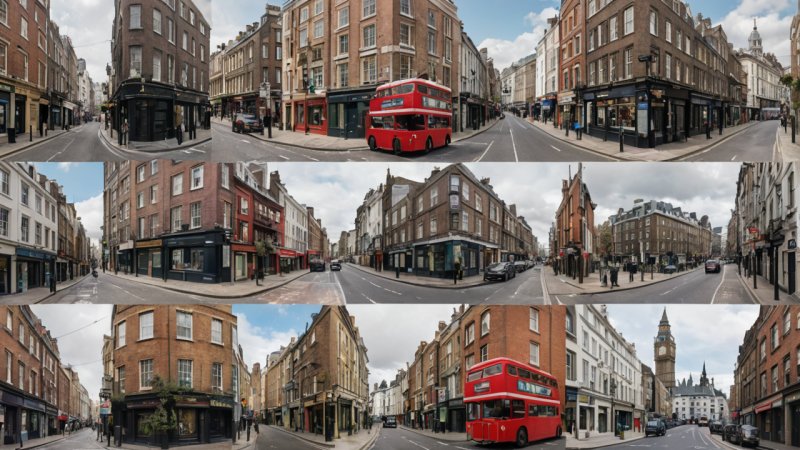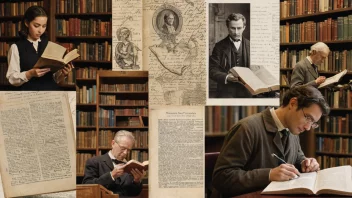The world of mystery and thriller literature is beautifully diverse, with cultural settings playing a pivotal role in shaping narratives. The influence of a story's setting can deepen the plot, enhance character development, and elevate the overall tension. From the cobblestone streets of London to the vibrant chaos of Tokyo, cultural contexts provide unique backdrops that inform the motives, methods, and mysteries that unfold. Here, we explore how various cultural elements impact mystery narratives, illustrating the richness they bring to storytelling.
1. Historical Context
Historical settings can provide layers of complexity to mystery narratives. For instance, novels set in the Victorian era often reflect the societal norms and restrictions of the time, influencing characters' actions and the types of crimes committed. Writers like Agatha Christie masterfully utilized the social dynamics of her era to create intricate plots filled with deception and intrigue. The historical nuances not only serve as a backdrop but also act as a catalyst for conflict and resolution.
2. Social Structures
The social hierarchy within a culture can significantly shape the characters and their interactions in mystery stories. In many Scandinavian noir novels, such as those by Henning Mankell, the stark contrasts between the affluent and the impoverished play a crucial role in the narrative. The tension between social classes often serves as a motive for crime, and the investigation reveals deeper societal issues, making the mystery not just a puzzle but a commentary on social justice.
3. Cultural Norms and Values
Cultural norms influence how characters behave, what they consider taboo, and how they approach conflict. In Japanese mystery novels, like those by Keigo Higashino, the cultural emphasis on harmony often complicates the characters' relationships and motivations. The protagonist's struggle to balance personal values with societal expectations can enrich the narrative, making the mystery multifaceted and relatable. As readers delve into these stories, they gain insight into the cultural psyche that shapes human behavior.
4. Geographical Influence
The geographical setting can create a palpable atmosphere that enhances suspense and intrigue. For example, the isolated landscapes in Stephen King's thrillers often amplify the sense of danger and urgency. Whether it’s the fog-laden streets of a coastal town or the desolate moors, geography becomes a character in its own right, influencing the plot's direction and heightening the emotional stakes involved in the mystery.
5. Language and Communication Styles
The way characters communicate, influenced by their cultural backgrounds, can add layers of meaning to a mystery. In Latin American detective fiction, such as that written by Mario Vargas Llosa, language is often rich with symbolism and metaphor, creating a complex web of clues and red herrings. The subtleties of dialogue can mislead readers and characters alike, making the resolution of the mystery all the more satisfying when the cultural nuances are unlocked.
In conclusion, the impact of cultural settings on mystery narratives is profound and multifaceted. From historical context to social structures, cultural norms, geographical influence, and communication styles, each element enriches the story and deepens the reader's engagement. As we explore mysteries across different cultures, we not only solve puzzles but also gain a greater appreciation for the diverse world of literature that reflects the complexities of our shared human experience.






